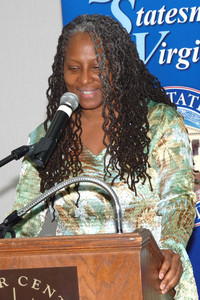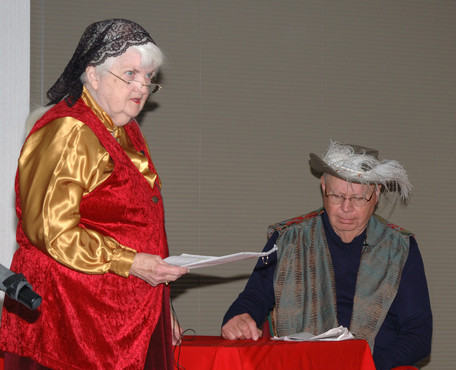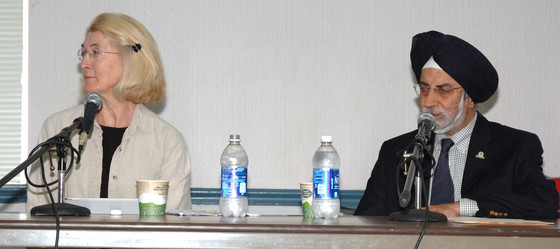
Some say that health outcomes are not keeping pace with the costs of healthcare while this system is by design, more “disease care” than healthcare and prevention. What can be done about an entrenched healthcare system? Dr. Pamela Ross, a featured physician in the movie documentary Escape Fire: The Fight to Rescue American Healthcare, gives an inspiring take on lessons learned.
Pamela A. Ross, MD, FACEP, is an associate professor of Emergency Medicine and Pediatrics at the University of Virginia Health System, and founding CEO of Holistic Medical Consultants. She bases her holistic medical principles and practice on the belief that there is an unbreakable connection between the mind, body and spirit.
A native of rural Decatur, Tennessee, and her parent’s oldest child, Dr. Ross’ exceptional perceptive skills and mental capabilities were realized at an early age. By the time she reached the fourth grade, she was engaged in various public speaking opportunities through 4-H Club, the nation’s largest youth development organization. Public speaking was a skill that Dr. Ross evidently mastered early, but it was her mother’s illness that sparked her interest and curiosity in the study of medicine. Determined to aid in her mother’s care, Dr. Ross focused her education and career goals on becoming a physician.
Dr. Ross received her BA in Chemistry from the University of Tennessee at Chattanooga, and her MD from Emory University School of Medicine. Her distinguished career is filled with notable highlights including receiving an invitation from President Barack Obama to be present in the White House Rose Garden when he presented “Doctors for Healthcare Reform” to the nation – an event that galvanized the eventual passage of the Affordable Care Act by the United States Congress. Most recently, she is a featured doctor in Escape Fire: The Fight To Rescue American Healthcare, a 2012 Sundance premiere movie documentary that tackles the pressing issue of a badly broken healthcare system.
In her 16+ year tenure at the University of Virginia Health System, Dr. Ross has worn many hats. She has served as division director of the Pediatric Emergency Department, director of the Child Abuse Program, director of the Sexual Assault Nurse Examiner’s Program and director of Quality Improvement. Currently, she serves as ambassador for Sisters Conquering Cancer, a local community grass roots cancer survivor-ship organization; chair of the UVA Cancer Center Minority Recruitment Task Force; and a member of the UVA Compassionate Care Initiative, grounded in compassionate action and empathic leadership. She is also the UVA School of Medicine curriculum thread leader for Complimentary and Alternative Methods (CAM.)
Dr. Ross spends her spare time nurturing her own mental, physical and spiritual well being through reading, meditation, laughter, dance and fellowship in various settings with family and friends.
Ms. Ross spoke at the Wednesday, June 12, 2013 meeting of the Senior Statesmen of Virginia. The meeting was held at the Senior Center in Charlottesville. Following the presentation, questions were taken from the audience. The program was moderated by SSV President Sue Liberman.













